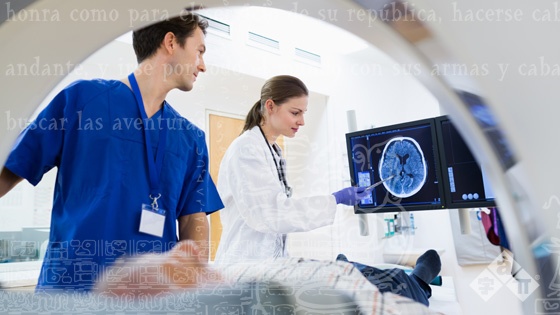April 17, 2018 / by Margarita Núñez Estimated read time: 4 minutes
Empowering Patients Through Medical Translation

Information and Consent in Their Language
The field of medicine is focused on a few key tenets, and one of the most important ones in patient-side operations is informed consent. Informed consent is about protecting the legal rights of patients and guiding the ethical practice of medicine. It may be used for different purposes in different contexts: legal, ethical, or administrative. This principle states that for a treatment to be ethical, the patient must fully comprehend and agree to that course of action. This means that they must be privy to as much of the salient information as they can reasonably process.
While any patient has the option of having their physician explain the necessary details to them, this would not be the only choice available in an ideal situation. Many would prefer not to settle for a second-hand summary when they could have the option of reading the relevant texts independently in their own language and deciding which are most important to them as an individual. For some, this is already possible, but not for all.
No Language Barrier
The language barrier sometimes stops patients who lack proficiency in another language from accessing the information on medical technology for themselves.
Around the world, 78% of countries require instructions for the use of medical products sold to be translated into the native languages of their residents.
Language problems in verbal communication have already been shown to cause significantly worse health outcomes for non-English speakers in preventive, direct, and follow-up care. It is reasonable to conclude that written communication would present similar difficulties.
This is one of the reasons why providing informational materials translated into their own language is one of the most important things a MedTech company can do for the patients who buy those medical products. Not only does translation do the medical community a service, it also has the potential to boost the value of a brand by making it more attractive to the patients that use that brand.
MedTech companies that are prepared to invest by getting their products, documentation, and websites translated are unlikely to be disappointed with the results and will more likely gain more customer satisfaction, be more compliant, and gain market share.
MedTech companies serve both business and humanitarian functions, and translation services stand to bolster both.
If you need medical translations, you might like to read our free Life Sciences Case Study.
Or simply just ask us for a free quote for your next project.
Written by Margarita Núñez
Margarita is Vice President, Marketing and Business Development at SimulTrans. She spearheads SimulTrans' Digital Marketing and Business Development Programs, focusing on developing digital marketing strategies that support business growth. A native of Spain, she holds a Bachelor of Arts in History of Art and a Master of Arts in European Studies.




